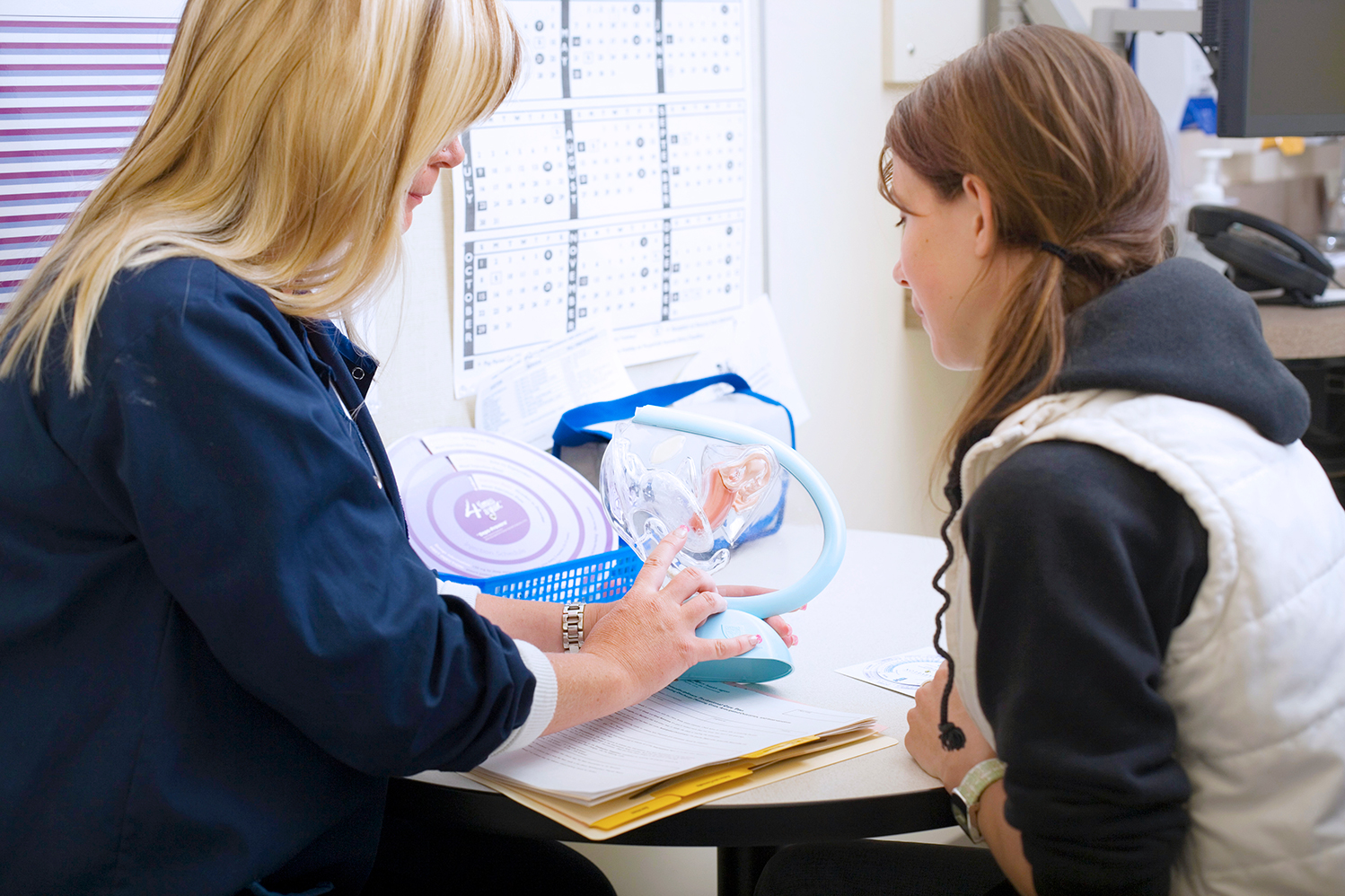
Did you know that children and teens have the
same rights to privacy and confidentiality as adults?
This page will help answer questions about confidential healthcare.
Don’t know what that means? Don’t worry. We hope you will after you read this.
What does it mean when my doctor or other healthcare provider says, “this information is confidential”?
Confidential means the information you share with your healthcare provider is
private and won’t be shared with your parents, caregivers, or others outside of your healthcare team.
By law, you have the right to confidential healthcare.
Are there exceptions to this rule?
Yes, there are exceptions to this rule to protect your safety. Your healthcare provider may need to share information about you if they think you are:
- at immediate risk of physically harming yourself or someone else
- at immediate risk of suicide
- being neglected (meaning you show signs of not getting basic care at home)
- being abused
Being abused can include physical abuse (such as someone using violence to hurt your body), sexual abuse (such as someone using their power to get you to take part in sexual activity), and emotional abuse (such as someone saying or doing mean things to make you feel bad about yourself).
Sharing this type of information helps protect your safety. If your healthcare provider is worried about you, they should tell you that they have concerns and that they need to talk to other people to make sure you are safe.
Does my healthcare provider have to tell my parents or caregivers the information I share with them?
No. If there is something you want to talk to your healthcare provider about without your parents or caregivers knowing, ask to talk to them alone.
It is safe to talk to your healthcare provider about anything. Don’t be afraid to tell them things about you and your health. They should respect your privacy, and want to make sure you are safe.
Your healthcare provider wants to help you and do what is best for you.
